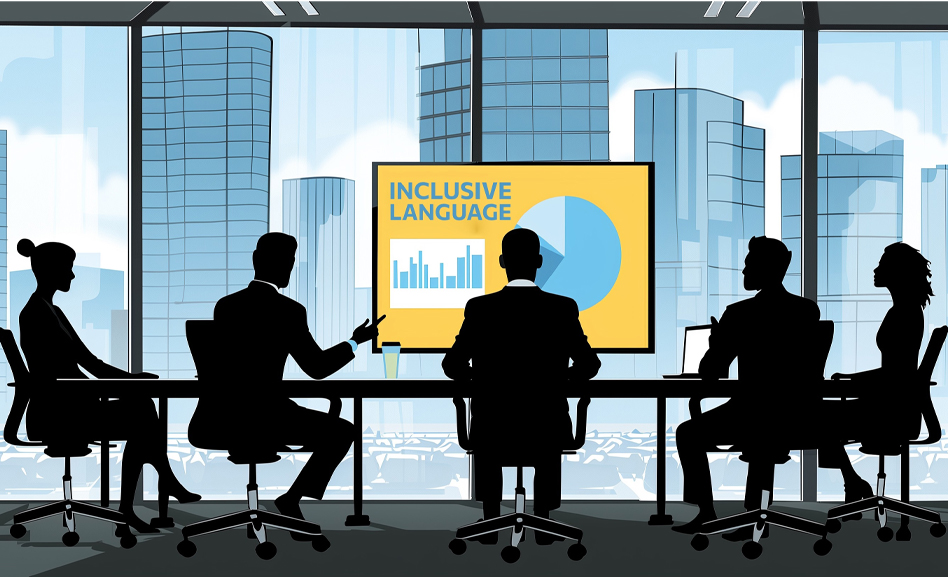
“Sticks and stones may break my bones, but words will never hurt me.”
Most of us have grown up with that old adage drilled into our heads, with the idea that words are just words, and we should ignore insults and taunts.
But, as has been made glaringly obvious in recent years, words have the power to change the world. And, as any LGBTQ kid who has ever had to bear the burden of the taunts and insults knows, words can absolutely hurt. But how can we use our words to heal instead of hurt, to make positive change?
Well, we can start with making your everyday language in your everyday environment more inclusive.
Sylvia Johnson, a language expert with the online languages class company Preply, says, “Encouraging the use of inclusive language in different environments — such as work, school and family — is extremely important. It promotes respect, equality, and a sense of belonging for all individuals regardless of their gender, race, religion, age or socio-economic status.
“Inclusive language allows everyone to feel acknowledged and valued in diverse social settings,” she adds. “In the workplace, it aids in creating a culture of respect, improving team collaboration and employee morale. In schools, it supports an educational environment that respects and protects different identities and perspectives, promoting tolerance from an early age. Within the family unit, it enables open and considerate conversations, fostering stronger familial bonds.”
So, how do we educate ourselves and learn more about the use of inclusive language? There are numerous ways to do that, Johnson says, starting with “reading diverse literature, articles and guidelines on inclusive language usage [which] can provide practical insights. Interactive online courses or workshops focusing on this topic are also very helpful. Participating in discussions in various social forums promoting diversity and inclusion can also be valuable.”
Here are a few tips from Preply on getting started with a more inclusive vocabulary:
- Partner
Avoid using “boyfriend,” “girlfriend,” “husband” or “wife” to describe someone’s significant other. Using the word “partner” instead is more inclusive of all significant relationships and avoids unwelcome assumptions.
- They/them pronouns
Avoid using “he” or “she” to describe someone based on their name or physical appearance. Instead, use these gender-neutral pronouns for individuals whose gender is unknown to you or those who identify as non-binary.
- Everyone, all
Avoid gendered greetings such as “Hi guys,” which could exclude certain members of a group. The alternatives “everyone” and “all” are more inclusive, gender-neutral terms which still address a group of people.
- Parent, parenthood
Avoid directly assuming parental roles — or when you’re simply unsure — use these terms instead of “mother,” “father,” “motherhood” and “fatherhood.”
- Spokesperson
Avoid “spokesman,” which implies that men are the default term when it comes to a person speaking on behalf of an organization or community.
For more information on inclusive language or to explore the Preply language classes, visit their website here.
— Tammye Nash
